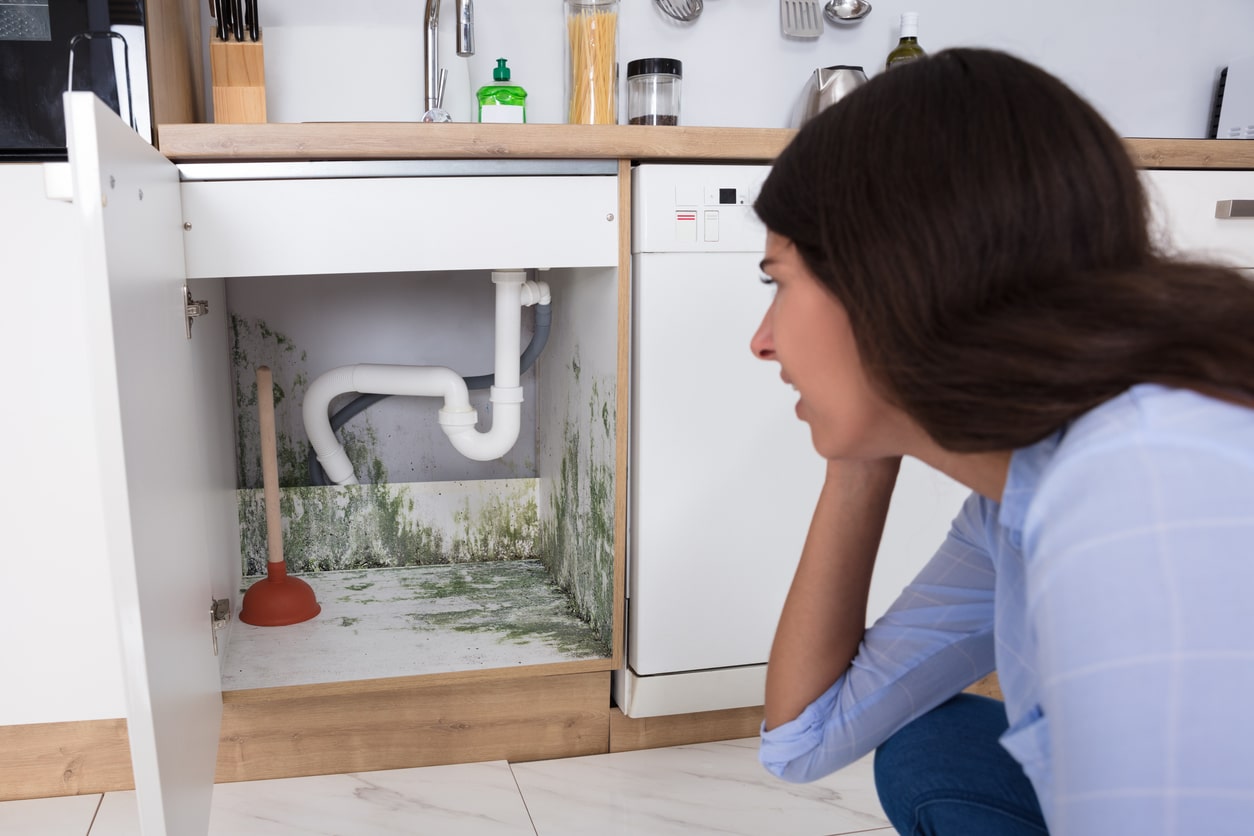When we think of summer allergens, pollen is the most likely culprit to come to mind. While pollen levels do rise in the summer, the warm weather may also increase mold growth, exacerbating allergies for many people.
Mold allergies can lead to itching in the nose, eyes and throat, sneezing, congestion, coughing, postnasal drip and an increase in allergic asthma symptoms. Managing mold allergies during this season is crucial to maintaining health and comfort. Let’s look at some effective strategies to help you manage your symptoms for a better summer.
1. Lower Indoor Humidity

Mold thrives in humid environments like kitchens, basements and bathrooms. To help keep your home’s humidity levels below 50%, run dehumidifiers in bathrooms and basements and use exhaust fans in kitchens and bathrooms to vent moisture outside.
2. Clean Your Home
Mold can quickly develop in damp areas of your home, such as the bathroom, basement and kitchen. Regularly clean and dry all surfaces in your bathroom and kitchen. After showering or cooking, dry surfaces immediately to prevent mold from taking hold. If you notice mold growth, scrub it away using detergent and water. If your mold allergies are severe, consider wearing a mask while cleaning or hiring professional cleaners to do the job.
3. Remove Damp Fabric
Damp fabrics like carpeting, children’s toys and couch cushions can quickly develop mold if not addressed promptly. To prevent mold growth, wash and dry small items every few weeks. For larger fabrics that develop mold, consider hiring a professional cleaner or removing the affected items entirely.
4. Reduce Outdoor Mold Exposure
Outdoor mold spores can be an unpleasant addition to an otherwise lovely day in Rock Mill Park. Wet leaves, tree clippings and rain gutters harbor surprising amounts of mold. To help lower your exposure, avoid yard work when it is damp outside and monitor mold counts to help schedule your outdoor time.
Avoiding mold exposure is one of the best ways to reduce allergy symptoms. If your allergies are severe, your provider may also recommend medication or immunotherapy to help keep those pesky symptoms at bay. To learn more about managing your allergies, contact ENT of Georgia North today to make an appointment with one of our specialists.